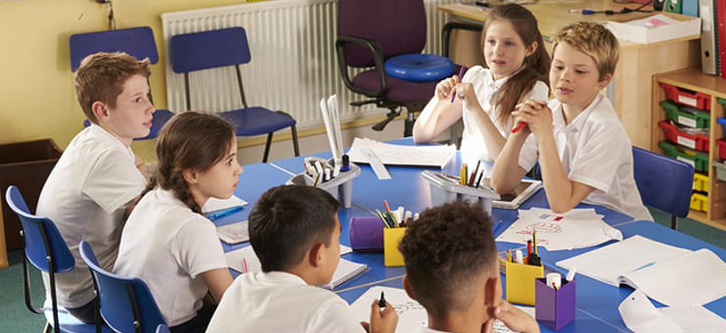
It is not a secret that Thailand’s international schools are relatively affordable compared to schooling a kid in any of the neighboring countries. Thailand, unlike Singapore, Hong Kong, Malaysia, and Indonesia, according to a report by The Fry Group, is the cheapest. Fees are about 21% cheaper compared to Singapore, and this understandably is a great deal.
Across the country though, fees and tuition costs vary substantially with most of them charging something between THB 150,000 and THB 900,000. The average in Bangkok is about THB 550,000, which still is a budget-friendly price for a foreigner. Basically, the entire cost, including tuition is a lot cheaper for an expat from America who would probably pay more back at home.
But why are they cheaper?
You are probably wondering why this is so, yet it’s the very same curriculum used back home. International school Bangna, for example, charges a fraction of what you could have paid at home, but has consistently delivered fantastic results.
To dissect the question, we’ve got to go back right into the categories these schools are placed into. The crème or Tier 1s charge a fortune and aren’t an instant favorite for many, probably you included.
The rest, which comprises of the vast majority of Tier 2s, are incredibly affordable because:
First, all of them are either non-profits affiliated to churches and organizations or profit-making schools owned by global education groups based in Thailand. The institutions are run by groups that are passionate about introducing the somewhat superior quality foreign curriculum to the locals at a reduced fee. And some even offer scholarships!
Further, you’d find these ‘affordable’ international schools having a few of the state-of-the-art facilities provided in Tier 1s. They will offer smaller campuses with basic facilities and a not-so-sophisticated teaching regimen.
Other than that, the schools charge the popular campus development fee, or what’s known as enrolment fee that’s non-refundable once. The real benefit here is, the kid will study from pre-Kindergarten to Grade 12 without the parent ever paying campus development fee again. On this, though, I’d recommend you first seek some clarity from the school of your choice.
Lastly, even though the parent would be required to pay other costs, especially lunch, books, uniform, technology and the others, the total is usually low. Pupils and students studying for a term or two may even be allowed not to pay some of them altogether. Transport fees, extra-curricular fees, and boarding fees also are optional, something which brings the overall cost down.
If you looking for International school Bangna, please visit The American School of Bangkok.
